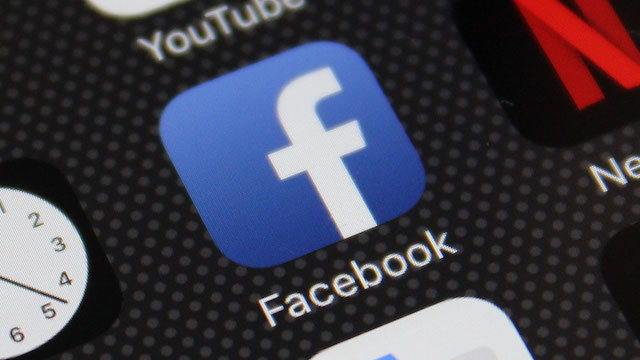The tech industry has won at capitalism. From America to China, from Amazon to Alibaba, from Alphabet to Tencent, the most valuable and most dynamic companies in the world are technology companies. But what kind of capitalism? Because there are really two different modes, two ways to get rich.
One is to claim a share of the wealth that already exists. This is the capitalism of Wall Street, of Russia1, of cronies and rent-seekers, of the infamous “resource curse.” Obviously the more wealth there is around you, the more incentivized this approach becomes. Call it the siphon.
The other is to create new wealth; manufacture better goods, offer better services, design better hardware, write better software. This is — or is supposed to be — the capitalism of Silicon Valley, of China2, of rocket ships and electric cars, of Moore’s Law. Obviously this is the purer, more idealistic form of capitalism. Call it the forge.
It seems apparent that public opinion has turned sharply agains the tech industry of late:
Isn’t that surprising? After all, Silicon Valley is building new and better things for us all, while Wall Street, having offered essentially no generally beneficial financial innovations in decades, is greedily siphoning off roughly a quarter of all American profits; the pharmaceutical industry is spending vastly more on marketing than on R&D; and the rest of the US health-care industry is basically a huge kludge of a bloodsucking siphon.
So why has tech, the forge of the modern world, found itself in the crosshairs of a backlash?
I put it to you that this is in part because while tech likes to portray itself as a forge, in many prominent cases, it is actually a siphon. Consider Facebook, Twitter, and Google. All are unquestionably forges, whose new products have done many good things. But that’s not their business model. Their business model, their original sin, is that siphon called advertising.
You could once have argued that advertising is a forge, in that is makes consumers aware of desirable products, just as you could once have argued Wall Street was a forge, in that it makes capitalism more efficient. No longer, in both cases. Online display / social-media advertising has become the tech equivalent of high-frequency trading: a pure siphon. (You can, however, make a good case for Google’s AdWords as a forge.)
People know when they’re being siphoned. What’s more, the industry being siphoned from is the media, which is unsurprisingly now inclined to train its own guns on tech as a result.
It’s not just ads. A more nuanced view is that “siphon” and “forge” are two ends of a spectrum, and numerous notable tech companies are closer to the former than the latter. Every app aimed at the wealthy-urbanite target market is essentially a siphon aimed at the wallets of the rich. (Yes, forge technology is often only affordable by the rich at first, too; but that’s very different from servants-as-a-service.) WeWork was, apparently, largely a siphon for SoftBank.
When people are angry at Amazon, Uber, and Lyft for how they treat warehouse workers, Whole Foods clerks, and drivers, it’s in large part because it seems to them like the wealthiest industry in the world is acting like a siphon geared to drain the minimal wealth of struggling workers, rather than a forge building new systems to empower and enrich us all.
Of course some of this criticism is unfair. And what almost every tech luminary really wants is to follow the Elon Musk model, wherein his stint at PayPal — which, like all payments companies3, is at least half siphon, albeit one largely aimed at even less appealing rivals — funded the forges of SpaceX and Tesla.
But all too often, the road to a siphon is paved with good intentions of a forge. Say what you want about Wall Street, at least they’re not hypocrites; high-frequency traders and hedge funds rarely pretend to be making the world a better place for anyone but themselves and their clients. This perceived hypocrisy is especially acute for companies like Facebook and Twitter, which offer “free” products from their forges … carefully engineered to optimize the siphons on which they survive.
In retrospect it’s surprising it took this long for the tension between the siphon and the forge to erupt into the cultural dissonance in which social media, and gig-economy apps, and indeed much of the publicly visible tech industry, now exists. While that tension continues, it’s hard to imagine this dissonance diminishing.
1 An oversimplification — again, it’s really more a spectrum than a binary — but not an invalid one.
2 An oversimplification — again, it’s really more a spectrum than a binary — but not an invalid one.
3 Excepting those which create whole new kinds of payments, such as M-Pesa.

